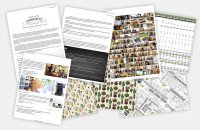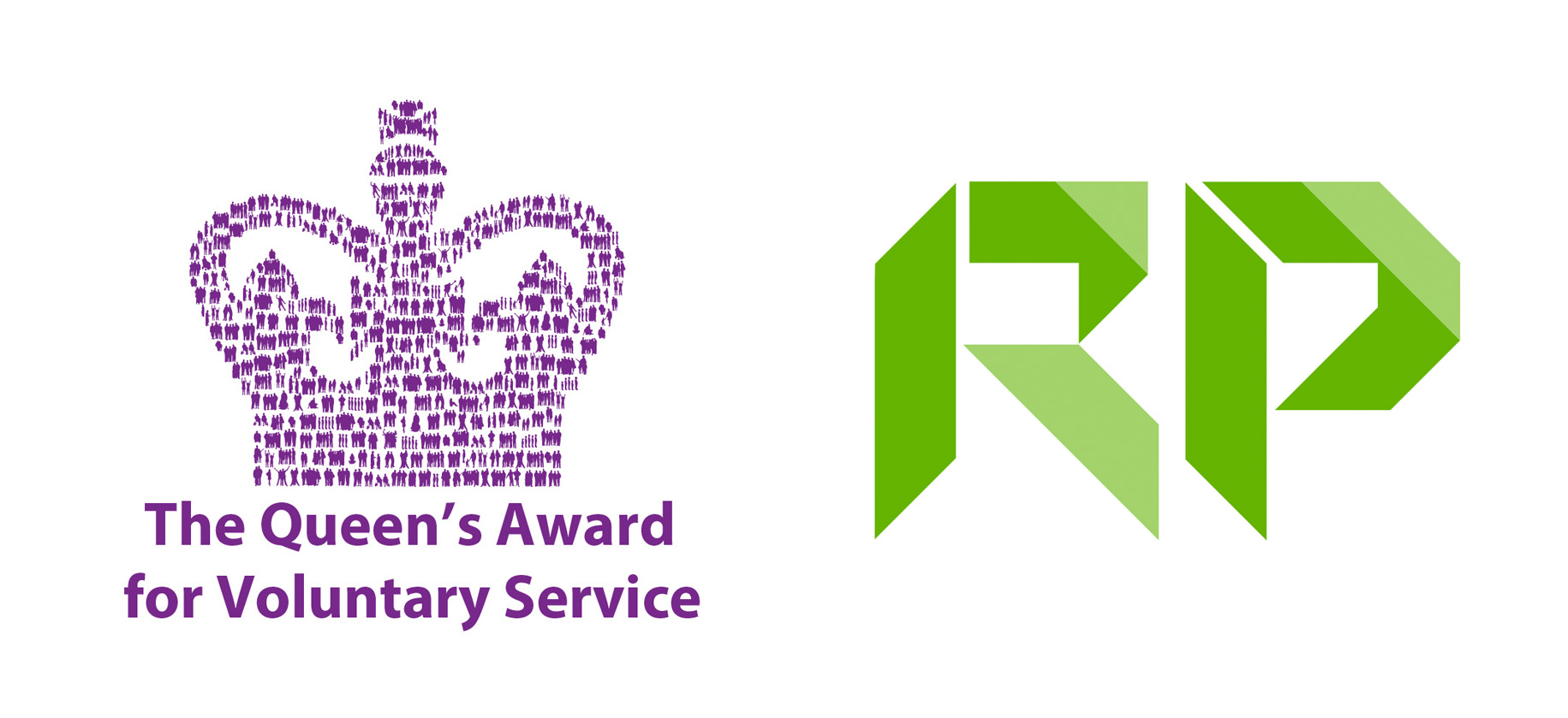Business Plan

A business plan does not have to be complicated! Ours was based on needing to spend £350,000 to buy the existing post office and shop, plus funds to renovate the premises. Once we had secured the premises we could then concentrate on getting the shop up and running to bring in retail revenue.
Staff costs are one of the biggest expenses involved in running any shop, so we opted from the beginning to operate on a volunteer-only basis. There are pros and cons to this system – however it suits our ethos perfectly.
Plans can always change, so we looked at what had happened in the past, and what might happen (good and bad) in the future; forecasting best, average and worst case scenarios.
Although no one could foresee the global effects of COVID-19, fortunately our robust business plan, coupled with an amazing core of stalwart volunteers, meant our shop thrived, and continues to provide essential services to our community, despite the very ‘worst case’ scenario of a global pandemic!
CLICK HERE to download our Business Plan Framework.
This includes our helpful Getting Started Guide, a Non-Disclosure Agreement, Business Plan, Supplementary Artwork, and Financial Forecast spreadsheet.




What is a Business Plan?
A business plan sets out how you will go about running a specific activity, or a series of activities, over a defined period of time. Essentially, it explains the aims of your business and critically, how you will reach those aims.
Why is a Business Plan important?
It enables you to generate a collective understanding of your business idea, how you can articulate this, and how you will deliver this to ‘your market’. As writing a business plan involves forecasting what might happen within the environment in which you are operating, it also encourages you to consider how you might need to adapt to changing circumstances, protect yourself against risks, and take advantage of any opportunities that arise.
Even if you are setting up what might be considered a relatively small community business, you should still produce a business plan. Should you need to approach banks or other lenders (see ‘Funding’) it will present a professional approach and is the key document most lenders will request to see at the outset.
How to write a Business Plan?
Your steering group needs to allow itself enough time to develop the plan: it can take two or three days for you to all agree the key decisions and strategies, plus a longer amount of time to gather the information into a finished document.
One useful way of starting is to run a workshop for all steering group members and capture everyone’s ideas and thoughts using a flipchart, or you can collect ideas through a shared online document such as Google Docs or a Dropbox file – however it is important to slot in a few sessions working together in person (with social distancing if necessary!), as this often allows for swifter and more democratic decision making.
What should a Business Plan include?
There is no set way of structuring a business plan or compiling content, nor any standard benchmark on how many pages it should be in length. However, you should always try to make it as concise and succinct as possible.
Ensure the following are included in your business plan:
1. Mission statement
This will explain what you are trying to achieve.
2. Organisational structure
This should include structure, governance and what it means to be a member; consider your steering group/number of members/consensus management/volunteer or paid staff.
3. Products & services
E.g. hours of opening/newspapers/fresh produce & groceries/prescriptions/coffee shop etc.
4. Overview of market and customers
E.g. number of houses/population/schools
5. Competitors
E.g. strengths & weaknesses of non ‘community’ based competitors such as type of shops/distance.
6. Resources & financial position
E.g. purchases/rent/renovation/build/fixtures & fittings plus funds available or planned.
7. Revenue forecasts
How much of your product or service you intend to sell, with an estimated income. E.g. ideally include 3-years of forecasted revenue streams to include donations, grants, loans, retail sales etc. Visit our Funding page for more detailed revenue streams to consider.
8. Targets
E.g. benefits/number of people/the social impact/investment in future community projects.
9. Risks
E.g. worst case scenarios or lack of community support/possible sale value.
10. Detailed budget
Ideally the following elements ought to be considered and incorporated as necessary:
- Rent/Loan/Mortgage repayments
- Capital Equipment Purchases (fridges/fixtures & fittings/till/software)
- Business Rates
- Utilities
- Insurance (premises/public and employers liability)
- IT (phone/wifi)
- Repairs & Renewals
- Postage/Stationery
- Advertising/Social Media/Publicity/Promotion
- Book-keeping & Accountancy
- Refuse Collection
- Staff Costs (wages/PAYE/NI & pension contributions) if applicable
- Professional Fees (e.g. Legal)
- Depreciation
11. As we say in Yorkshire, “If you don’t ask, you don’t get"
- Try to identify costs for services that could be provided by involving local residents.
- Talk to local builders, shop fitters, trades-people and professionals (lawyers, accountants, business consultants) in your community, or ask if anyone has ‘contacts’ within their circle of family and friends.
- Negotiate pro-bono or heavily discounted fees for services – be a little bit cheeky, there is no harm in asking, as suppliers can only say no!
Involving any of the above local service providers at an early stage can only benefit the business and, more importantly, will foster an even greater sense of collective purpose and a sense of community.


More Help...
The MyCommunity website is a great source of information when starting your community business journey. Created by 12 leading community support organisations, they have combined their knowledge and skills so that you can access support and advice in one place.


